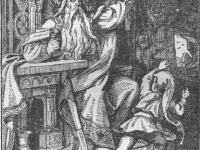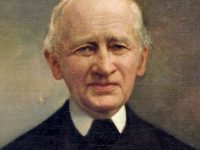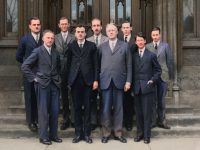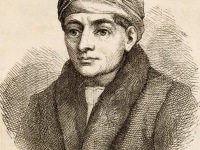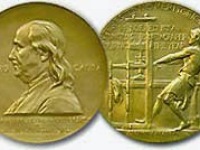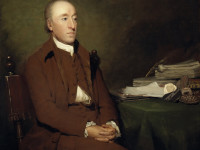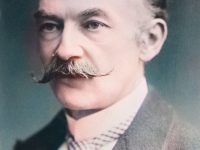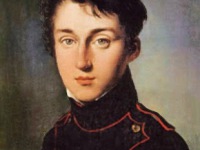Life and Legend of Frederick Barbarossa
On June 10, 1190, Frederick I, emperor of the Holy Roman Empire and better known as Frederick Barbarossa passed away. He died by drowning in the river Saleph during the Third Crusade. He got the name Barbarossa from the northern Italian cities he attempted to rule: Barbarossa means “red beard” in Italian; in German, he was known as ‘Kaiser Rotbart‘, which has the same meaning. There was a time, when every German…
Read more

